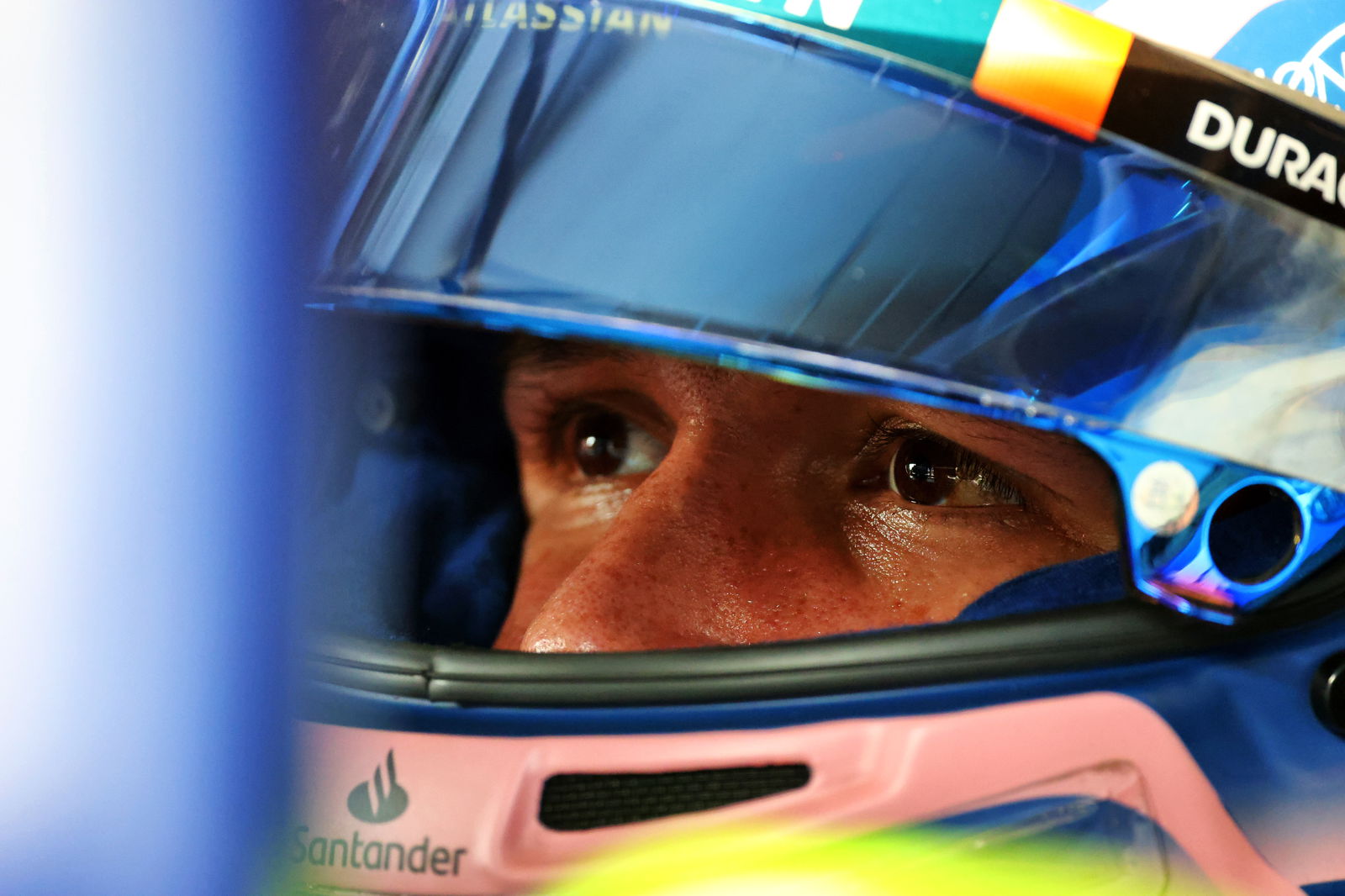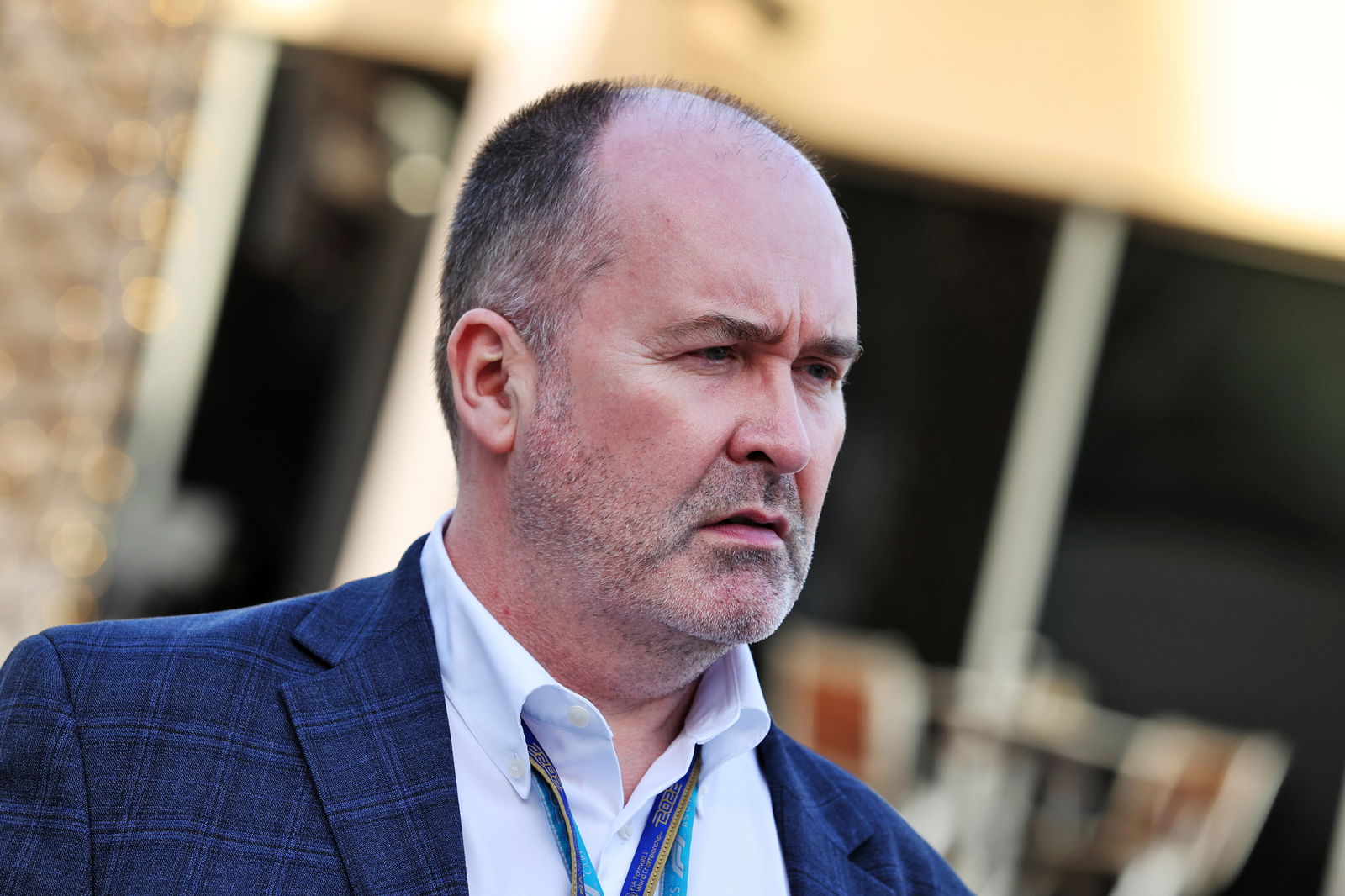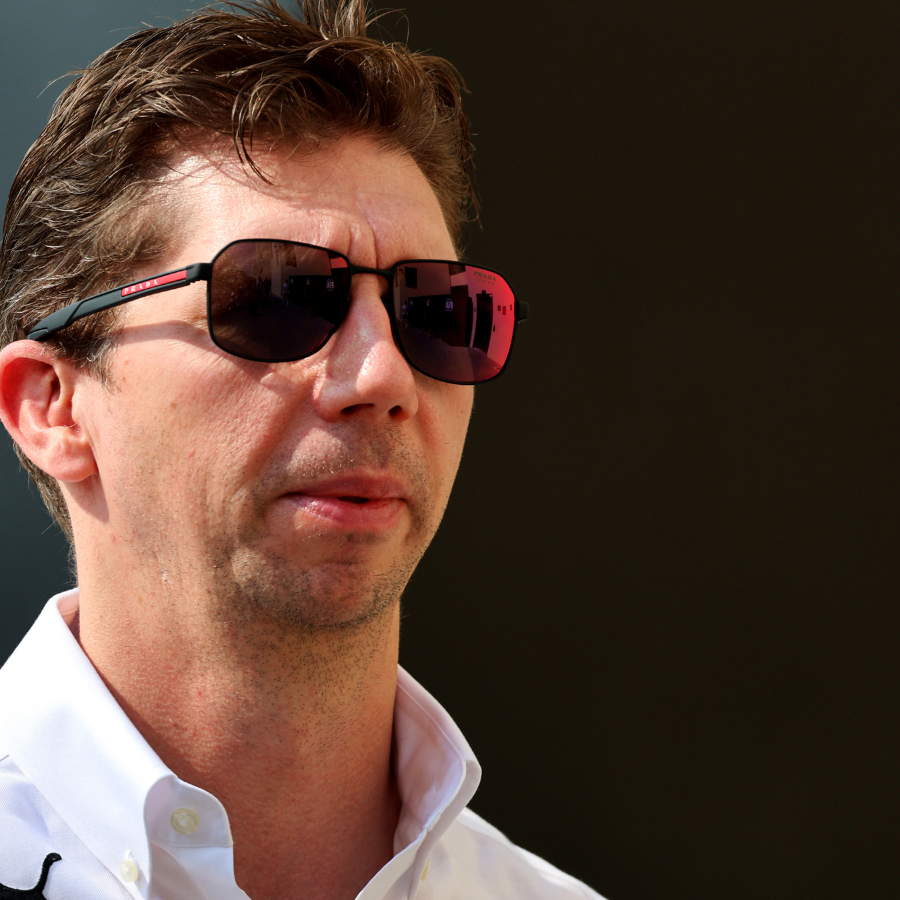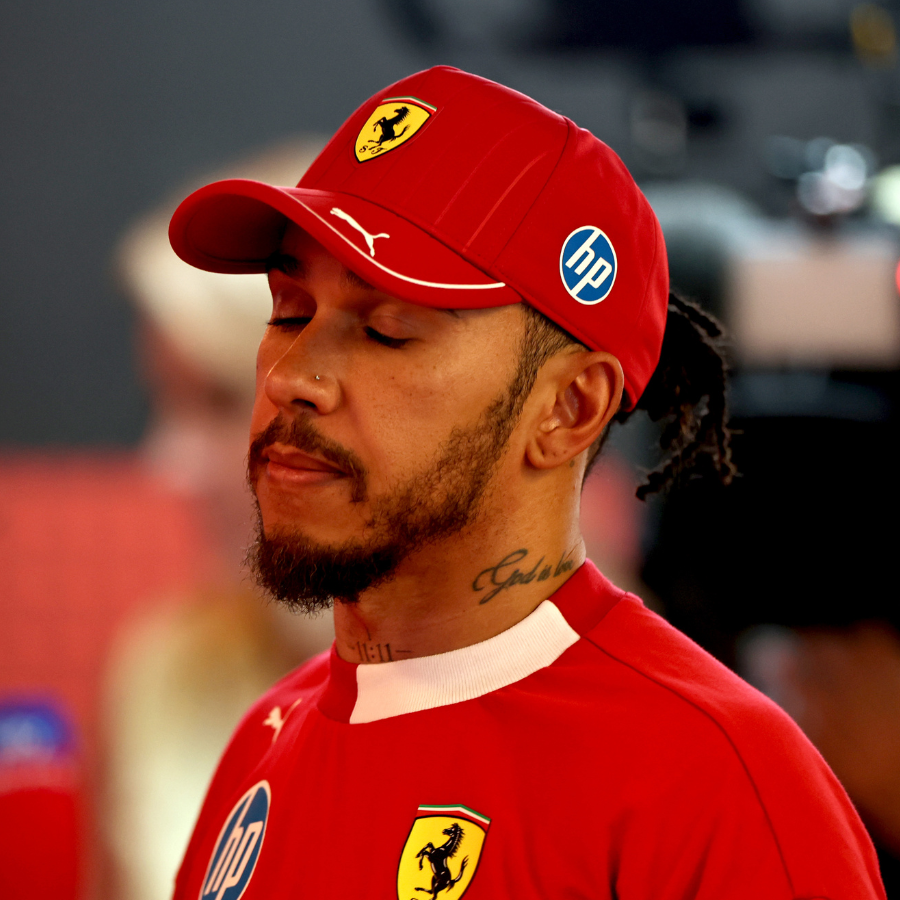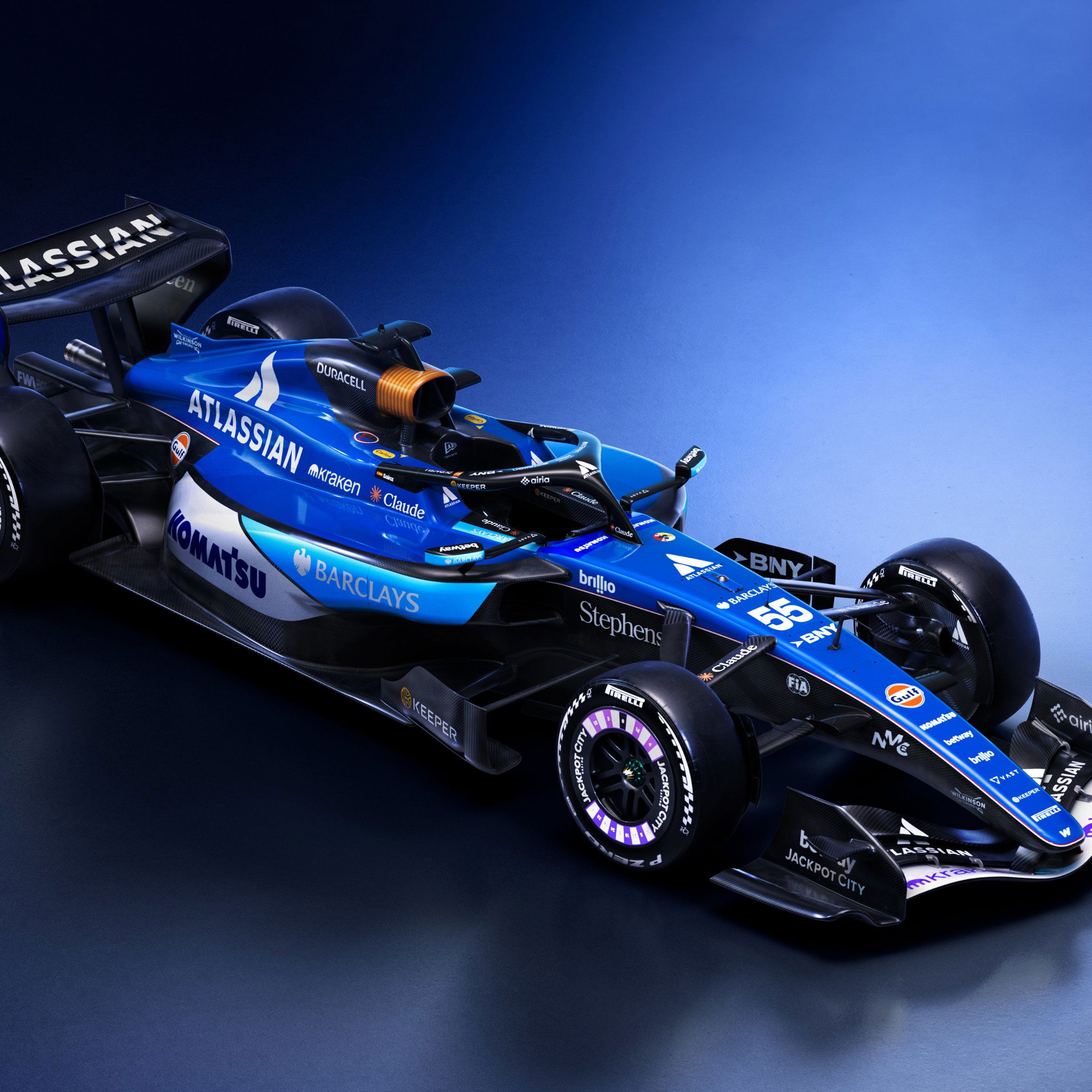Delaying 2026 rules would have been a “serious mistake”, says F1 boss
Stefano Domenicali's verdict after crunch meeting with manufacturers in Bahrain.

Formula 1 chief Stefano Domenicali says it would have been “a serious mistake” to extend the current rule cycle to enable an earlier switch to V10 engines.
F1 is due to introduce new chassis and engine regulations next year in one of the biggest overhauls in the series’ 75-year history.
However, amid growing unease over the impact of the 50:50 split between power from combustion engines and electric components, all manufacturers held a crunch meeting with FIA and F1 bosses in Bahrain last weekend to decide the future direction of regulations.
On the agenda was a complete abandonment of the 2026 ruleset, with the current rules cycle being extended in that scenario until V10 engines running on sustainable fuels were ready for introduction.
However, after much deliberation, it was agreed that it’s in the best interests of everyone to go through with next year’s revamp, with the focus instead being shifted to ensuring there are no large performance gaps between different manufacturers.
Speaking on this topic, Domenicali said F1 would have sent a “wrong signal” if it had deviated from its original path and extended the current ruleset.
"Two years ago, I outlined my strategic vision for the future of Formula 1, and that's exactly what we're seeing now,” Domenicali told Formel1.de.
“In Bahrain, we had a meeting with the FIA and all current and future engine manufacturers, including GM.
"There were some attempts to extend the current rules, but that would have been a serious mistake. You have to respect those who invested enormous sums in a complex and expensive project.
“Changing the adopted rules now would have sent the wrong signal. If we had questioned our previous decisions [regarding the engines], that would have been a huge mistake."
With the topic of V10 engines now being put on the back burner, all F1 stakeholders are now directing their energy on the convergence between various teams.
This push stems from fears that one manufacturer could pull away from competition at the start of the 2026 season, similar to how Mercedes was nearly unbeatable when the current V6 hybrid engines were introduced in 2014.
"There's nothing to stop us from continuing to work on improving the overall package,” Domenicali said. “The FIA, the manufacturers, and the teams can always assess whether there are opportunities for optimization."
"We're facing a major regulatory change, and I think it's important that the system allows a manufacturer to catch up more quickly if there are major performance differences. This needs to be resolved soon because something like this can happen to anyone.
Dominical admitted that F1 will lose out if there is an uneven spread between the grid next season, saying: "We all have to think strategically.
“A team that dominates for too long is not good for anyone. Our sport is currently experiencing exceptionally strong growth.
“Internationally, the platform has become a true reference point. On the one hand, we can be proud of that, but on the other hand, we must also be very cautious."
Also read: Andrea Stella calls on F1 stakeholders not to “undermine” 2026 regulations
